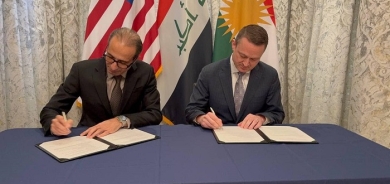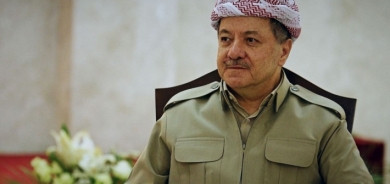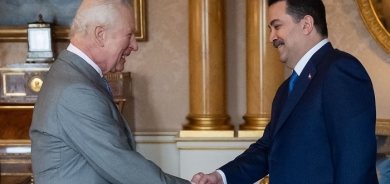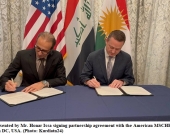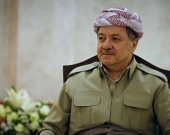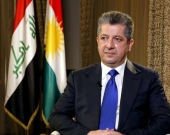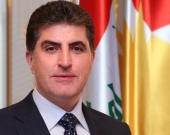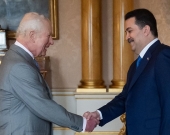Kurds carve out their own region in northeastern Syria

Across northeastern Syria, the Kurds, the country's largest ethnic minority, have taken advantage of the vacuum left by the civil war to push for the autonomy long denied them by the government of President Bashar al-Assad.
Their struggle does not fit neatly into the war between Assad's government and the rebels seeking his ousting, and different parts of the scattered Kurdish population have allied at times with forces on either side.
The fight for a measure of autonomy by Syria's Kurds is the newest conflict in a broader struggle in which Kurds, spread across Turkey, Iraq, Syria and Iran and oppressed for decades, are trying to take advantage of the chaos in the Middle East to achieve longstanding ambitions for self-government and democratic rights. Most Kurds say their ultimate aim is an independent state, which was first promised to them, and then denied, by the victors of the first world war. That perceived betrayal has sown deep grievances in the collective Kurdish psyche.
Kurdish political leaders say they are not seeking an independent Kurdish state in northern Syria, but are only pushing for greater Kurdish rights. They model their struggle in part on the status achieved by Kurds in Iraq, who run a region in the north that is essentially independent from Baghdad.
A recent trip by a reporter through the Kurdish area of Syria revealed many steps towards Kurdish autonomy as well as fighters who have taken up arms to obtain it.
"The Kurds will take their right to self-determination under any political regime, with President Assad or without him," said Haval Mahmud, a militiaman with the Democratic Union Party, known by its Kurdish-language abbreviation PYD, in Qamishli. "We are gaining our rights with our blood, not as a gift from any side."
About 9 per cent of Syria's 22 million people are ethnic Kurds, most of them living in communities scattered near the Turkish border, with greater concentrations to the east, near the border with Iraq. They have long complained of discrimination by the state, which suppressed their language and invested little in their areas despite the region's richness in oil and agricultural land.
While many Kurdish youths joined the anti-Assad uprising that started in 2011, Kurdish political parties mostly charted a neutral path, feeling that neither side had much to offer.
But since the uprising became a civil war and the government withdrew from many isolated areas, Kurdish militias have filled the void in their communities.
A recent spike in violence has pitted PYD militias against rebels and fighters from two extremist groups with links to al-Qaeda: al-Nusra Front and the Islamist State in Iraq and Syria.
In mid-July, clashes broke out between the two sides in Ras al-Ain in Hasaka province, and Kurdish fighters quickly seized control of the ethnically mixed town with help from the local Arab tribes that distrust the extremist groups.
"We are Sunni Muslims, but this is not Afghanistan," said an Arab resident, Hajj Omar, 50. "I am a Sunni Muslim, I pray five times a day, my sons pray, my wife is covered and we observe all the Islamic rituals, but we cannot live under these radical Islamic groups."
This article appeared in the South China Morning Post print edition as Kurds carve out their own region
The New York Times in Beirut, Lebanon


